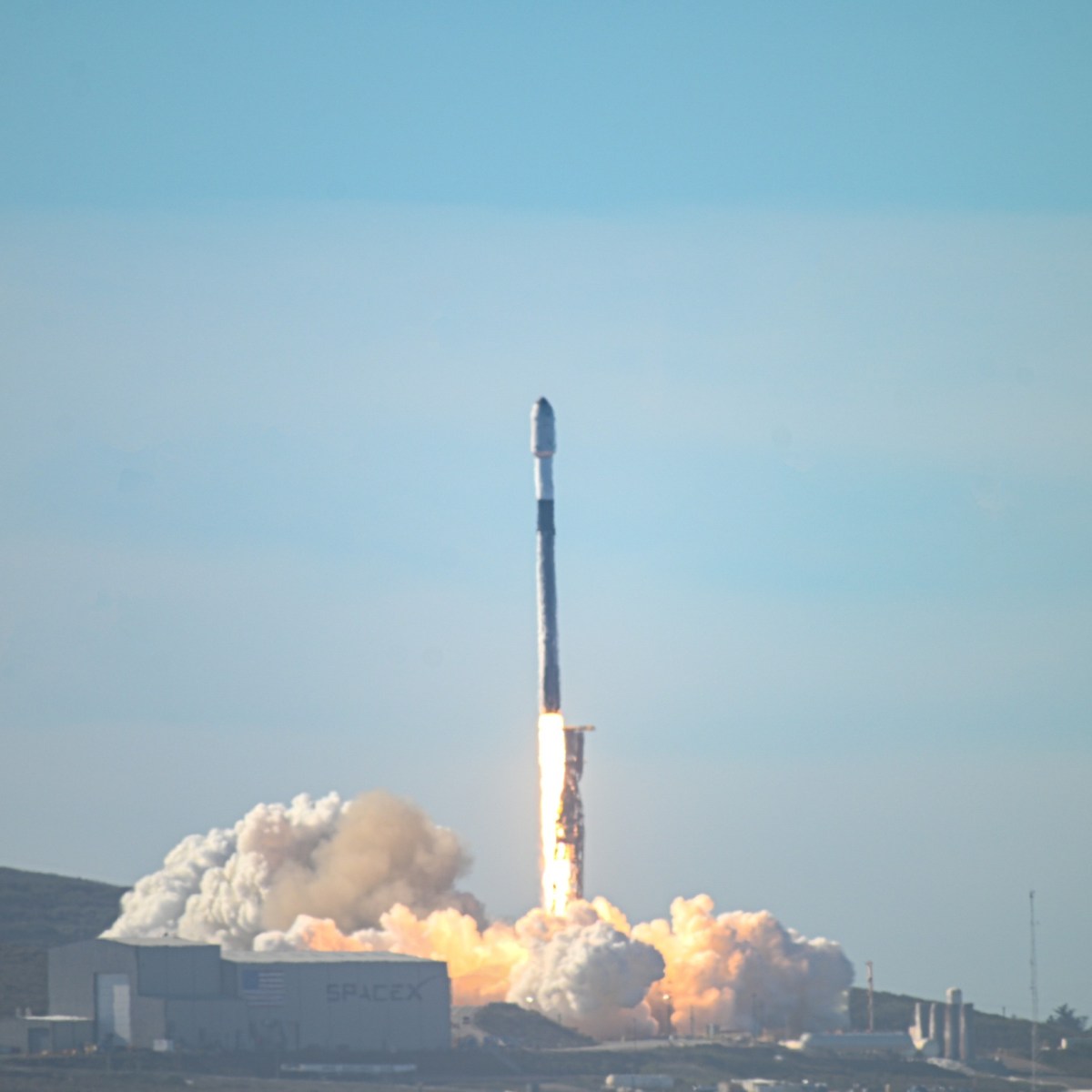California Coastal Commission’s Decision and Its Implications on National Security
On October 10th, the California Coastal Commission (CCC) made a crucial decision that has stirred a significant debate regarding the intersection of environmental protection and national security. The commission denied the request made by Vandenberg Space Force Base to increase the number of SpaceX launches. This decision is pivotal because it impacts the United States’ capability to deploy essential military assets into orbit.
Understanding the Context
Vandenberg Space Force Base, located on the California coast, is one of the primary launch sites for military and commercial spacecraft. It plays an essential role in the United States’ space operations, particularly for missions that require a polar orbit. The base’s request to increase the number of SpaceX launches was driven by the need to put critical military satellites into orbit, which are vital for national security and strategic operations.
SpaceX, a prominent aerospace manufacturer and space transportation company, has been integral in launching satellites for both military and commercial purposes. These launches support a range of functions, including global communications, weather monitoring, and surveillance, all of which are central to U.S. defense and intelligence operations.
The Role of the California Coastal Commission
The CCC is responsible for protecting and enhancing California’s coastlines, ensuring that activities conducted in these areas do not harm the environment or disrupt local ecosystems. The commission’s decision to deny the increase in SpaceX launches was based on environmental considerations, although there was no specific violation of CCC rules by SpaceX or the Space Force.
The Strategic Implications
The CCC’s ruling has broader implications beyond environmental concerns. It inadvertently enters the global power dynamics between the U.S., China, and Russia. By restricting the number of launches, the U.S. might find its national security strategy at risk, as space capabilities are crucial in maintaining military superiority and safeguarding national interests.
Access to space is a critical component of U.S. strategic operations. It ensures the deployment of satellites that provide essential services like the Global Positioning System (GPS), satellite communications, and reconnaissance. The denial of increased launch capabilities undermines these operations, potentially giving adversaries like Russia and China an edge without any direct confrontation.
The Growing Threat Landscape
In recent years, the space domain has become increasingly contested. Both China and Russia have developed advanced capabilities to target and disable satellites through various means, including ground-based attacks, jamming, and cyber-operations. These developments pose significant threats to U.S. space assets and highlight the need for a robust and resilient space strategy.
To counter these threats, the U.S. Space Force (USSF) has adopted a strategy centered around affordable resilience and proliferation. This involves deploying a larger number of satellites to ensure redundancy and resilience in the face of potential attacks. The integration of commercial space systems into military operations has also become a key component of this strategy, providing additional support and flexibility.
The Importance of Vandenberg Space Force Base
Vandenberg is uniquely positioned to support U.S. space operations due to its capability to launch satellites into polar orbits without overflying populated areas. This makes it an invaluable asset for both military and commercial launches. The base’s ability to increase launch rates is crucial for implementing the USSF’s strategy of proliferated constellations, which are essential for maintaining a strategic edge over adversaries.
The decision to restrict launches at Vandenberg could have serious implications for U.S. military operations and national security. The base must be able to support the increased demand for launches to ensure that critical space capabilities remain operational and protected.
The Path Forward
While the CCC’s mandate is to protect California’s coastlines, it is essential to balance environmental concerns with national security needs. The commission must engage in a dialogue with the military to reach a consensus on how to regulate the impacts of increased launch activities on the environment and wildlife.
California Governor Gavin Newsom has acknowledged the importance of space capabilities in national defense. It is crucial for the CCC to reconsider its decision and allow Vandenberg to proceed with the necessary increase in launch rates. This will help ensure that the U.S. maintains its strategic advantage in space and can effectively respond to emerging threats.
In conclusion, the CCC’s decision presents a complex challenge that requires careful consideration of both environmental and national security priorities. By fostering collaboration between state and federal agencies, it is possible to find a solution that accommodates the needs of both parties, ensuring the continued security and prosperity of the nation.
For more Information, Refer to this article.
































